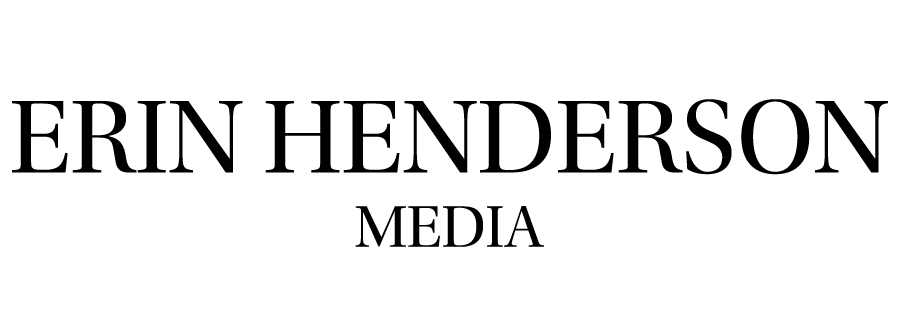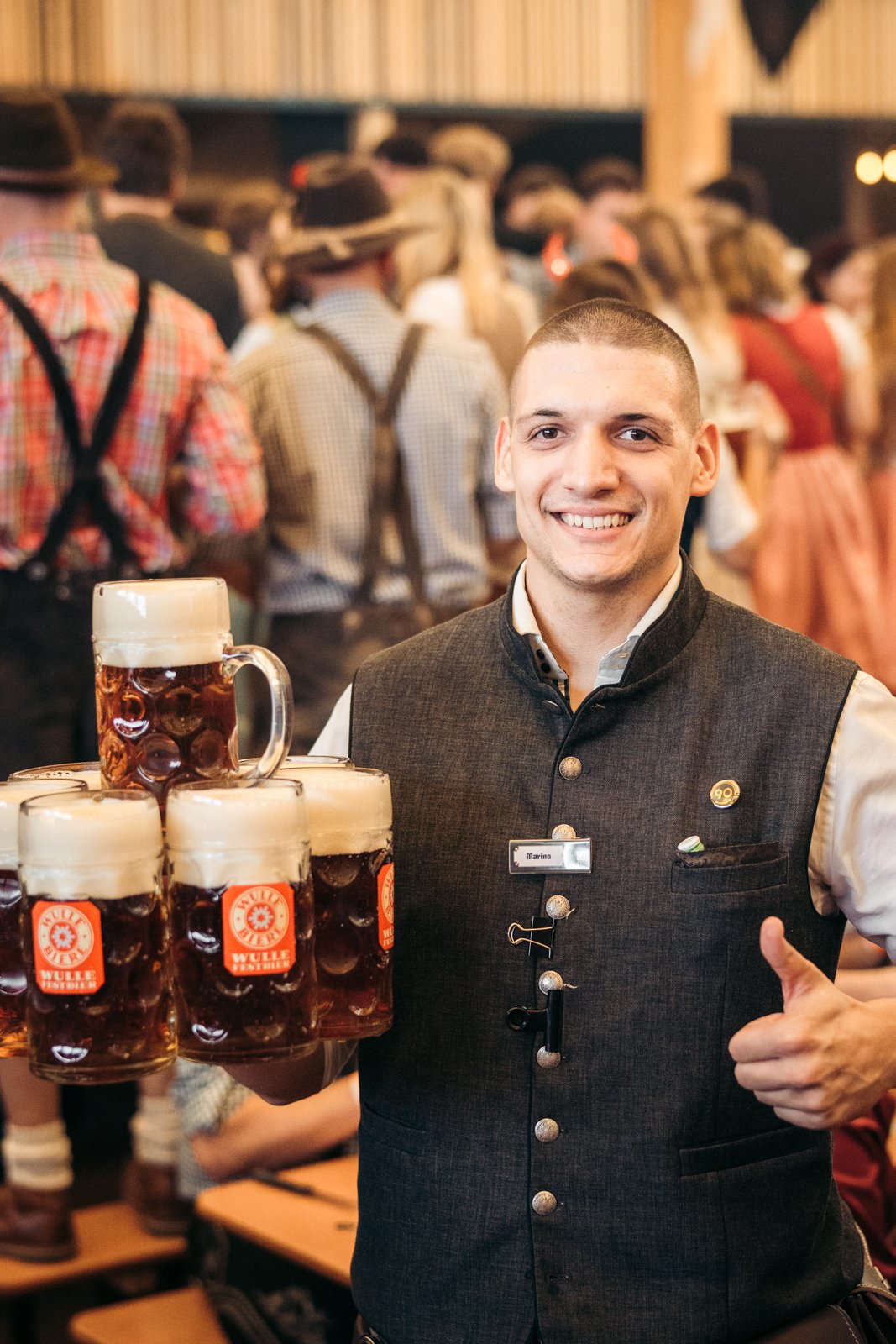Top 8 unique European festivals you absolutely must experience
Maybe I wasn't paying close enough attention to festivals and events when I lived in the States (yes, I'd heard of Burning Man and Coachella, I wasn't living under a rock), but I'm convinced that Europe boasts some of the most unique celebrations in the world. I may simply be paying attention more to not miss out on any moments during our time living abroad. Here in Germany, it feels like there's a new festival every week, and today I'm sharing a few of my favorites—along with some that are still high on my bucket list.
1) La Tomatina. Everything your parents said to you about not throwing food, toss that out the door (ha). La Tomatina is a world-famous festival held every August in Buñol, Spain, where thousands of participants engage in a massive tomato fight, hurling ripe tomatoes at each other in the streets for pure fun. The event is part of a week-long celebration featuring music, parades, fireworks, and communal paella (yum), creating a lively and, well, messy atmosphere. La Tomatina is happening on August 27, 2025. Will you be there?
Cow grazing in the Dolomites
2) Almatrieb. Return of the cows (did a popular '90s song pop in your head, it probably did now), or "Almatrieb" and "Viehscheid". Almabtrieb means "drive from the mountain pasture," and Viehscheid refers to the separation of the cattle back to their respective owners, which happens after the parade from the field (Almatrieb). This traditional festival happens each year in the Alps (Germany, Austria, Switzerland & South Tyrol, Italy), starting in September, sometimes going through early October. If there has been no sickness or loss of cattle, they are adorned with flowers and bells, then paraded through town from the fields. After they are returned to their owners, they celebrate with live music, food, and of course, beer. Check out local tourism sites for events happening near you.
3) Volksfest. Speaking of beer, I can't talk about festivals in Europe without mentioning, you guessed it, Oktoberfest in Munich. However, I am going to focus on Cannstatter Volksfest, which happens in Stuttgart. What started as a harvest festival in 1818 has evolved into one of the biggest folk festivals in the world, attended by four million people annually. Yes, it has the traditional tents where you can stand on tables and chug beers twice the size of your head, but it also has fairgrounds outside with rides and activities for kids. There is a lot of smoking in the tents, so just a fair warning in case of allergies. Don't forget your Dirndl and Lederhosen! The Cannstatter Volksfest will be held September 26, 2025, through October 12, 2025.
4) Carnival in Venice. Ornate, over-the-top costumes and identities hidden behind masks, with the canals of Venice as the backdrop, say less. This festival is worth a visit, especially if you love photographing people. Carnival officially began in 1296 and was a way for all social classes to mingle, their anonymity secured behind the mask. Not sure what to expect? Grab your camera and head to Saint Mark's Square; you won't miss the fun and the costumes awaiting you. If balls and dressing up are your thing, you can rent costumes and join the festivities. You can find more information on the official website below. Carnival in Venice will run from January 31 to February 17, 2026.
https://carnevale.venezia.it/en/
5) La Feria de Abril. Didn't get enough of ornate costumes at Carnival? La Feria de Abril in Seville, Spain, is a week-long celebration of Andalusian culture held two weeks after Easter. The festival kicks off with the alumbrao, when thousands of lanterns light up the fairground, and continues with daily parades of horse-drawn carriages, traditional flamenco dress, lively music, and dancing in colorful casetas (tents). Visitors enjoy tapas, sherry, and rebujito while the nights come alive with Sevillanas dancing and socializing. The festivities conclude with a spectacular fireworks display over the Guadalquivir River. La Feria de Abril will happen April 20-26, 2026.
Fashing in Germany
6) Fashing. Fasching, Fastnacht, Karneval (Mardi Gras), or Fasnet—depending on where you are in Germany—each name reflects a regional variation of this lively celebration. In Southern Germany and Austria, Fasching officially kicks off on November 11 and culminates on Ash Wednesday. It's a time of vibrant parades and festive gatherings, offering a chance to break free from societal norms, embrace humor, and enjoy some lighthearted chaos before the traditional Christian Lent begins. The parade we attended got a little wild and crazy (says the almost 40-year-old), but my kids really enjoyed it.
https://www.schwaebisch-alemannische-fasnet.com/narrentreffen-2025/6-wochenende/
Image from the 2025 Perchen parade in Weiden in der Oberpfalz
7) Krampus. Krampus originated from the word "Krampen," which is German for claw. The figure himself, half-demon, half-goat, is said to have come from Austria's Alpine region, where you can find many Krampus and Perchen parades during the holiday season. Where else can you find Krampus? Locations include Germany, Slovenia, Bavaria, Croatia, Hungary, and the Southern Tyrol region of Italy. Most parades coincide with Saint Nicholas Day, which falls on December 6 yearly. Krampusnacht, or Krampus Night, falls on December 5. Two Krampus runs are happening in Salzburg on December 5 & 6, 2025, Munich’s Krampus will be on December 14, 2025 and the annual Perchen parade will be held in Weiden in der Oberpfalz, Germany, on January 3, 2026. Check local tourism websites for these runs happening through the Christmas market season.
https://www.salzburg.info/en/salzburg/advent/krampus-percht
https://www.christkindlmarkt-muenchen.de/en/home
8) Schwetzingen Asparagus Festival. Love asparagus? Did you know it can also be white? Yeah, I didn't either until I moved to Germany. The Schwetzingen Asparagus Festival, held each spring in the German town of Schwetzingen, celebrates the region's famed "white gold", or white asparagus (spargel). The event features local farmers' markets, asparagus-themed dishes, cooking demonstrations, and lively entertainment, drawing visitors to enjoy the harvest of one of Germany's most beloved seasonal delicacies. This event typically takes place in May or early June.
https://www.visit-schwetzingen.de/en/pleasure-tradition/asparagus/asparagus-saturday
2024 Ludwigsburg Pumpkin Festival at Ludwigsburg Palace
9) Lugiwgsburg Pumpkin Festival Started in 1997, this celebration of the almighty gourd moved to the grounds of the Ludwigsburg Castle in 2000. Featuring 450,000 pumpkins in over 600 varieties, this festival is the largest pumpkin festival in Germany. It is often touted as the "Largest Pumpkin Festival in the World." The dates for the 2025 Ludwigsburg Pumpkin Festival are August 23 to November 2.
Find this post helpful?
Pin it for later!















